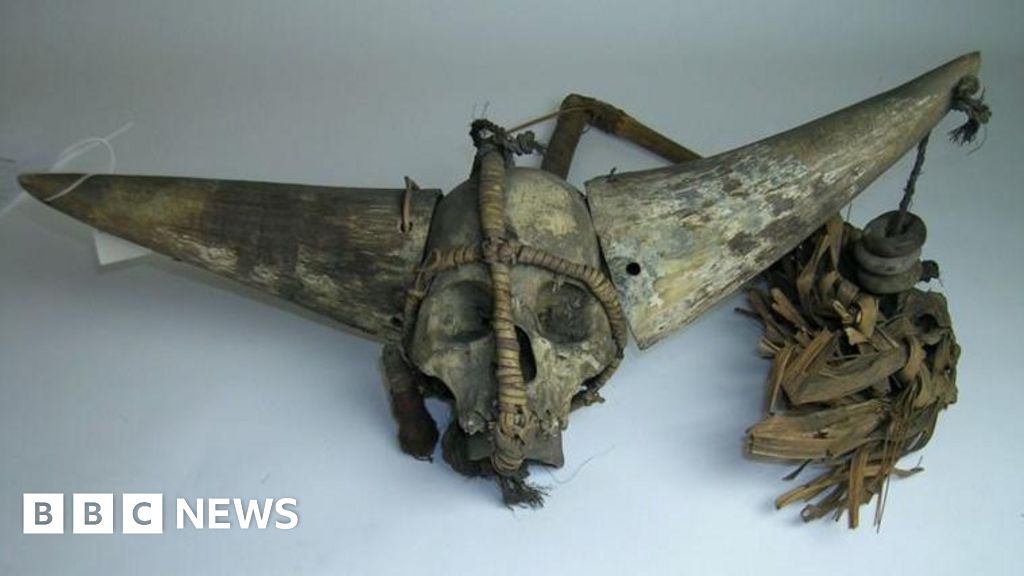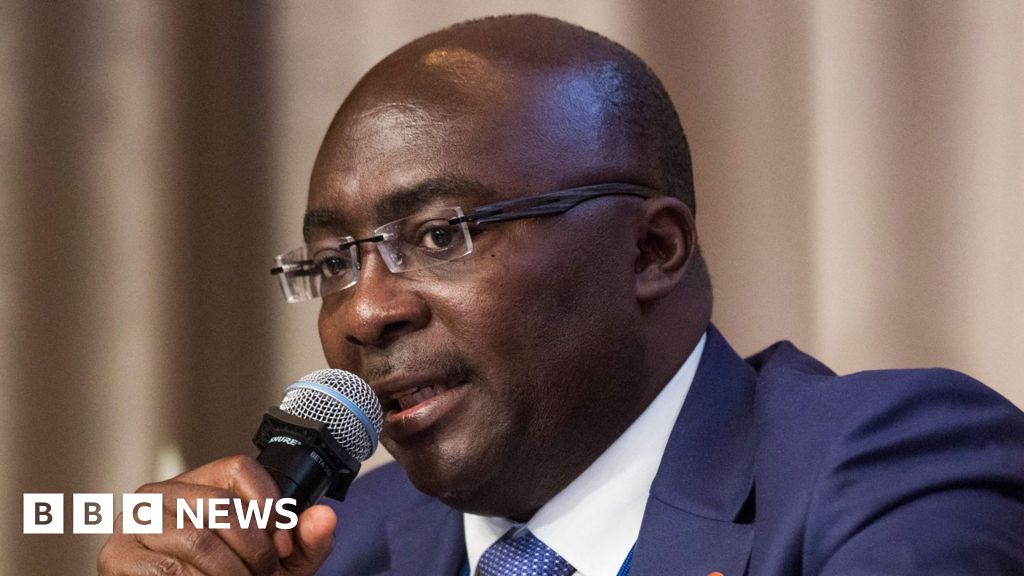In commemoration of the Cervical Cancer Elimination Day of Action 2024, gynaecologists have advocated accessible and affordable cervical cancer prevention and treatment services to ensure Nigeria was on the path to eliminating cervical cancer.
The physicians noted that cervical cancer was on the rise in low- and middle-income countries, stating that Nigeria records 38 new cases of cervical cancer and 22 deaths daily.
The maternal experts called for concerted efforts to increase awareness of cervical cancer and a national program that would prioritise screening for women aged 30-49.
The gynaecologists said this at the valedictory programme held recently for a Professor of Obstetrics and Gynaecology at the College of Medicine, University of Lagos, Idi-Araba, Rose Anorlu.
The valedictory speaker and the Head of the OncoGynaecology Unit at the Department of Obstetrics and Gynaecology, Lagos State University College of Medicine, Ikeja, , Professor Oluwarotimi Akinola stated that the rise in the scourge of cervical cancer was mostly in low-middle-income and third-world countries.
He noted that 94 per cent of cervical cancer cases in the world were found in low-middle-income countries, of which Africa, Central America and South East Asia are part.
According to the World Health Organisation, cervical cancer is the fourth most common cancer in women and led to the death of 350,000 women in 2022.
It is caused by the Human papillomavirus, a sexually transmitted infection that affects the skin, genital area, and throat.
WHO notes that persistent HPV infection of the cervix, which is the lower part of the uterus or womb that opens into the vagina if left untreated, causes 95 per cent of cervical cancers.
Inequalities in access to vaccination, screening and treatment services, risk factors including HIV prevalence, and social and economic determinants such as sex, gender biases and poverty, were causes of regional differences in the prevalence rate.
To further eliminate cervical cancer and ensure all countries reach an incidence rate of below four per 100,000 women, the WHO in 2020 declared November 17 a day for the Cervical Cancer Elimination Day of Action.
The WHO seeks to ensure that 90 per cent of girls by the age of 15 received the HPV vaccine, 70 per cent of women were screened using a high-performance test by the age of 35 and again by the age of 45 and 90 per cent of women with pre-cancer and invasive cancer were treated by 2030.
The theme for 2024 is “Celebrating front-line workers and transforming global commitments into life-saving actions.”
Continuing, Akinola, in his valedictory speech said, “Is there really a budding or scourge of cervical cancer in the world? The truth is that there is a scourge, but that scourge is not all over the world. That scourge is mostly in low-middle-income countries because that’s where 94 per cent of cases of cervical cancer are found. So when we say the world, everybody is talking about the world.
“The world they are talking about these days is the South, and that is where we are. The world now comes to be Nigeria, Africa, Central America, and South East Asia. You find out, for example, that 660,000 new cases were discovered in 2022, 350,000 deaths, and 94 per cent of these happened in the third world,” the gynaecologist said.
The former president of the Society of Gynaecology and Obstetrics of Nigeria further said that Southern Africa recorded the highest incidence rate, followed by Eastern Africa and Western Africa, noting that since Nigeria accounts for 50 per cent of the cases in West Africa, the country bears a significant burden of the disease.
The don also emphasised that countries with high incidence rates had some degree of prevalence of HIV infections.
Speaking on the impact of cervical cancer on families and society, Akinola said, “Cervical cancer has a socioeconomic and human development impact. It robs families of mothers, daughters, sisters and grandmothers because you ought to be in the clinic to see how these women suffer. You ought to see them in the ward. You will know, for example, that it’s a very painful way to die. It’s not a death that kills them suddenly like a heart attack. It’s not something like a stroke.
“It’s something that is chronic until it finishes the genitals, then it goes on to the kidneys and all that, and it’s gradual until they pray for God to release them. So it is a very painful death and a very humiliating thing.
“While all this is happening, there will be little or no productivity. It limits economic growth.”
The maternal expert asserted that the disease could trap families in poverty, noting that the situation would be worse in Nigeria which has about 120 million multidimensionally poor people.
He called for sustained actions to reduce the scourge.
“Without action, it is projected that by the year 2040, that’s less than 20 years from now, the incidence of cervical cancer will increase by about 50 per cent, according to the WHO,” the don said.
He decried the lack of country-wide cancer registries, noting that efforts to get things right had been taking too long.
The OncoGynaecologist noted that in Nigeria, the standardised age range is about 36.2 per 100,000.
“It’s estimated that over 14,000 new cases are diagnosed every year, that’s about 38 new cases of cervical cancer every day. 80 per cent of them present at an advanced stage where it is difficult to treat or cure. The mortality rate is about 25 per cent and 50 per cent of the new cases recorded in West Africa are from Nigeria. In Nigeria, late presentation, which prevents them from benefitting available treatment options, leads to the death of about 8,000 women every year and that’s about 22 every day,” the don said.
He asserted that cervical cancer was preventable and called for further awareness of causative factors and screening of women aged 30-49.
Akinola further noted that myths and misconceptions and a lack of understanding by the decision-makers about the HPV vaccine impacted the uptake of the vaccination for girls aged nine to 15 years.
Akinola, citing the recommendations of the retiring don, Anorlu, said “Civil society will play a crucial role to help meet these targets: we must work together and advocate for accessible and affordable cervical cancer prevention and treatment services, and to increase awareness of cervical cancer prevention within our communities to help put our countries on the path to elimination’ investing in cervical cancer prevention and control now will not only improve health and save lives, it will also have a multiplier effect that can help countries advance other human and social development objectives for generations to come.”
Also speaking, the Head of the Obstetrics and Gynaecology department at LUTH, Professor Bosede Afolabi, urged gynaecologists to become advocates of the HPV vaccine to ensure further uptake and prevention of cervical cancer.
Furthermore, Anorlu thanked the guests for their gifts and urged the students to work hard, while advising the resident doctors to pursue excellence and not money.

 1 hour ago
1
1 hour ago
1















 English (US) ·
English (US) ·